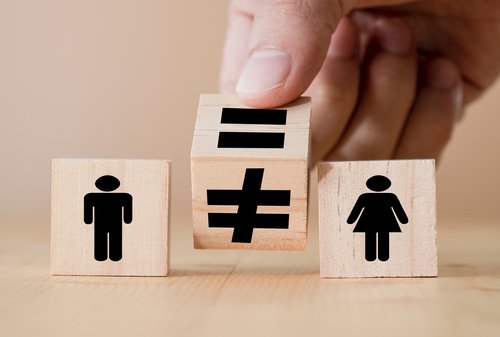(Brussels Morning)The Spanish government raised the minimum inter-professional wage (SMI) on Wednesday by 15 euro, bringing the monthly minimum wage up to 965 euro. Yolanda Diaz, the VIce President and Minister for Labour and Social Economy, said the initiative will help tackle the gender wage gap and help the country’s most vulnerable workers.
“The increase in the inter-professional minimum wage has meant that our country reduces the gender gap by two points and has meant that the lowest salary profiles, substantially women and young people, see their salary incomes improved.”
Diaz descried the move as “a firm commitment to get out of the crisis in better conditions, but also to improve the entire economy in our country”.
A leading member of Podemos—the left populist party governing Spain in a coalition with the socialists, PSOE — Diaz said the increased SMI would help Spain’s economy as a whole.
“We get out of this crisis by not lowering wages, but we are showing that we are raising wages. And raising wages is not only part of social protection measures as indicated by the Bank of Spain, but also lies in the firm conviction of economic efficiency and the proper functioning of the economy of our country.”
The Council of Ministers approved the Labour and Social Economy Ministry’s proposal after reaching an agreement with the Trade Union Organizations Workers’ Commissions (CCOO) and the Workers’ General Union (UGT). The 15 euro rise had been recommended by the Advisory Commission for the Analysis of the Minimum Inter-professional Wage.
The Spanish government aims to increase the SMI progressively so that it reaches 60% of the average salary before the end of its term.
“A feminist measure”
Minister for Equality Irene Montero described the approval as a “feminist measure”, noting that job insecurity “has the face of a woman and increasing lower wages is vital to closing the wage gap and improving working conditions.” She said it was the path to follow “for 2022 as well”.
The Far-right party Vox said they support raising the minimum wage as long as it reduces welfare contributions and cuts taxes. “Of course we are in favour of raising lower wages whenever it is at the cost of reducing high social contributions and taxes on economic activity”, Vox leader Santiago Abascal tweeted.
The conservative party Partido Popular (PP) opposed the leftist coalition government’s decision. Party Secretary General Teodoro García Egea claimed that Prime Minister Sánchez “is harming all citizens and, in addition to raising taxes, is raising their cost of living.”
He contended that “anything other than lowering the shopping basket, the price of electricity and inflation is a patch that does not help families.”
Spain’s minimum wage has risen 31% since 2019. That amounts to a 229 euro increase per month in salary. The raise fulfills the country’s commitment to the European Social Charter signed in 2019.




